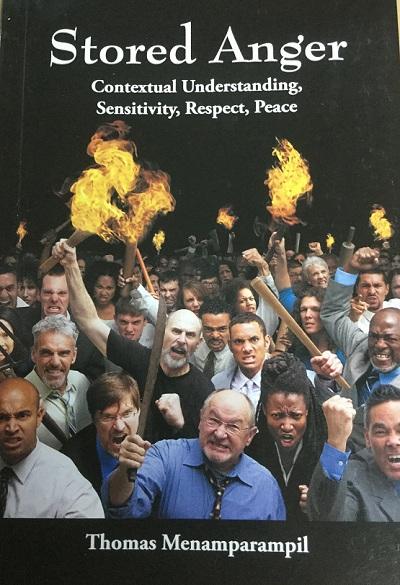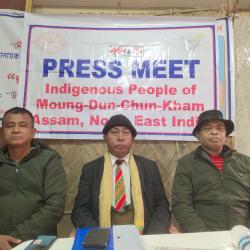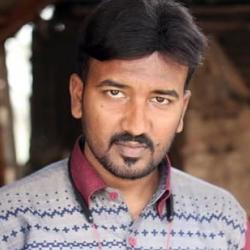Guwahati: A lone voice that has undertaken several peace initiatives over several decades in the conflict ridden northeast India has come out with a new book chronicling and reflecting on the saga of violence perpetrated down the ages.
“The book is precisely about the “Collective Anger” that accumulates,” says the octogenarian author.
The book traces the anger of the primitive man in self-defense to the aggressive postures of World Powers in our own days. Violence has become so frequent these days that Pankaj Mishra has called our age the Age of Anger.
The President of the Pastoral Conference of Northeast India, Archbishop Dominic Jala of Shillong, released Archbishop Emeritus Thomas Menamparampil’s latest book Stored Anger (Claretian Publications), this morning, 11 September 2018.
The Bishops of the Northeast and all the religious superiors of the region were gathered to discuss this year’s conference theme ‘Current Situation in India’ and its implications for the Northeast.
Stored Anger is a study of violence, its contextual understanding, and related themes like sensitivity, respect and peace seen in various forms down the ages to our own days.
The book begins with a brief account of the Paris terrorist attack in 2015 that carried away 127 lives. It comments on Francois Hollande’s call for a “pitiless response,” and Marine Le Pen’s remark, “There is cold anger in my heart.”
“I am worried about this kind of ‘Cold Anger’ that gets stored, and remains as a buried explosive, with the danger that it can go off at any time when people least expect it,” Archbishop Menamparampil who has lived in northeast India for over six decades.
The race-related anger of the African-American may differ from the caste-related anger of the Dalit. Again, the post-colonial anger the Middle East may differ from the post-Communist anger of East Europe, or that of the weak nations that feel that their natural resources are being exploited by stronger nations, or people who feel that their jobs are being taken away by immigrants. But each of them hurts human hearts, and each of them makes human societies unstable.
Stored Anger says, epics are full of violence, so are historic accounts. The winners boast, and their boasts go into histories. Losers remember, and their memories go into the production of more brutish weapons. The development of Nuclear weapons had some relationship to the Holocaust.
Great conquerors are admired for their achievements. The good they do remains on and bears fruit. The harshness they inflict on others too bears its fruit in due time. In Ayodhya it was after four centuries, in Kosovo after eight.
Arnold Toynbee argues that the Persian excesses on the Greeks produced Alexander, that the Greco-Roman thrust into Asia invited an Islamic thrust to the gates of Vienna and the heart of the Iberian Peninsula. A western response to this aggression took them all the way to world-conquest and to the ends of the earth. A push in one direction in excess invites a push in the opposite direction, says Toynbee.
Too often we study the immediate causes of an instance of violence. Deeper causes, diverse causes, and distant causes are not explored. So the issues do not reach the road to solution. And wrong solutions place you on the path to further violence.
Stored Anger is an invitation to a ‘Contextual Understanding’ of a situation of violence, not in order to assign blame but to share the pain...not only with the victim, but also with the aggressor. Archbishop Menamparampil’s argument is that contextual understanding of anger with sensitivity and respect alone will open out a path to peace.
Sensitivity brings anger down. Even if peace does not come immediately, some progress can be made. ‘Anger-reduction’ or anger-management is merely the first step. But a helpful conversation can begin. For, all are interested in a common future.
The Archbishop argues that it is in the context of violence that peace-makers also arise: Buddha in his times, Gandhi in our days. Mandela or Tutu or Martin Luther King in their own contexts. The book refers to a number of models and their contribution. But ultimately ‘creativity in context’ alone will give the answer.
Man-created problems definitely have answers discoverable my man, whether they be in Afghanistan, Syria, Dallas, Paris, Saxony, or Muzaffarnagar. Every committed citizen has a duty to contribute his/her share. In global times, it is a global duty.
- 8167 reads










Add new comment